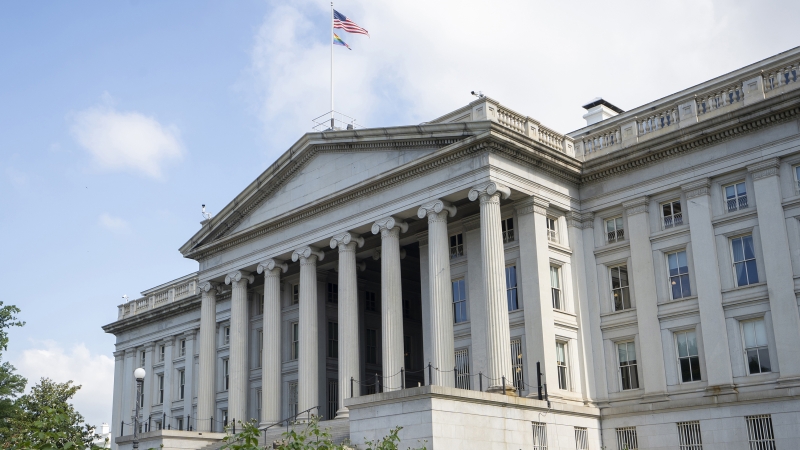Freddie Mac and Fannie Mae, aka the GSEs (government sponsored enterprises), became more aggressive in their levels of buybacks with lenders as we moved through 2023. Needless to say, as the year progressed and many lenders barely eked out profits, watching the GSEs earn billions every quarter was both upsetting and controversial for nearly every lender.
Lenders feel like the GSEs are not being consistent with commitments made in recent years about materiality and options for remediation. They feared retribution if they made these points, so instead, they simply engaged with their respective GSE each month to try to get them to take back the repurchase requirement on this loan or that loan. It’s a loan-by-loan drudgery that takes staff time and adds costs to a lender’s bottom line. Even if the GSE drops the request for the buyback, the lender has still spent time and effort to rebut the request and prove it wrong.
Given the changes in loan loss reserves as the GSEs reported earnings throughout the year, Freddie and Fannie’s portfolios are stronger, but they are kicking back a noticeable increase in loans to lenders. Clearly, the GSEs have changed their sampling methodology for quality control review early in 2023 with a specific focus on nonbank originators, which drive 80% of the loans being sold to the GSEs. This more aggressive posture is because they are concerned about the potential failures of some of their customers during these tough times, and therefore, they would lose their counterparty to warranty defects on loans should they go into default.












